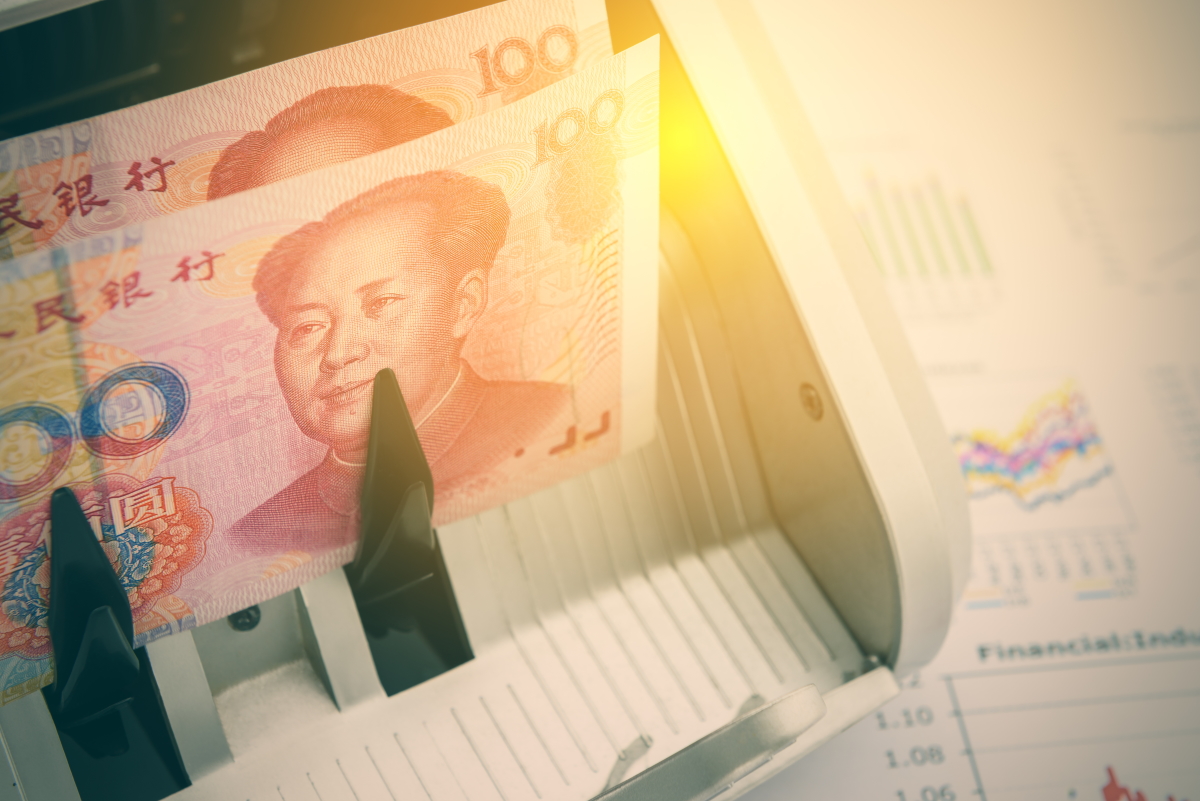Inflation has the markets worried and the International Monetary Fund (IMF) has called on central banks around the world to closely monitor developments and “act appropriately”. But what is causing inflation and what role does China play? A commentary by Francis Scotland, Director of Global Macro Research at Brandywine Global, part of Franklin Templeton.
Reopenings are occurring faster than supply is rebounding. The economic slump has hurt both demand and supply, but supply has had a harder time recovering than spending, with the latter helped by massive fiscal spending programs.
Furthermore, demand for oil and gas is rising faster than the ability to meet that demand without higher prices – it may be that decarbonisation targets are too ambitious relative to the ability of alternative energies to fill demand gaps. Energy price spikes always have consequences.
One factor that mitigates some of this inflation risk stems from China. The ups and downs of the global economy have basically been driven by this economy and the fluctuations in credit growth. The latter has bottomed out, but there are no signs yet of a general reflation in the Chinese economy. China’s policymakers want to deleverage the economy and have adopted a “cross-cyclical” policy framework aimed at dampening the magnitude of what would normally be countercyclical measures.
Evergrande may turn out to be a successful controlled implosion of the country’s largest real estate company, but it is a deflationary shock as China tries to move away from real estate as the mainstay of its financial system. Property speculation, inflated inventories, and a demographic cloud hang over this sector. The government does not want to allow deflation but wants to divert savings from this sector to other industries.

The global economy is slowing through the end of the year, led by China, emerging markets raising interest rates, fiscal retrenchment in developed countries, and pressure on real incomes and spending caused by rising inflation. On the other hand, vaccines and therapeutics continue to improve the prospects for a full opening of the world, which would boost economic activity and mitigate some of these supply factors. Central banks are making a big bet that supply conditions will improve sufficiently to lower inflation going forward.








 Australia
Australia China
China India
India Indonesia
Indonesia Japan
Japan Malaysia
Malaysia Philippines
Philippines Singapore
Singapore South Korea
South Korea Taiwan
Taiwan Thailand
Thailand Vietnam
Vietnam
 Germany
Germany Hong Kong
Hong Kong USA
USA Switzerland
Switzerland Singapore
Singapore
 United Kingdom
United Kingdom Other / International
Other / International





